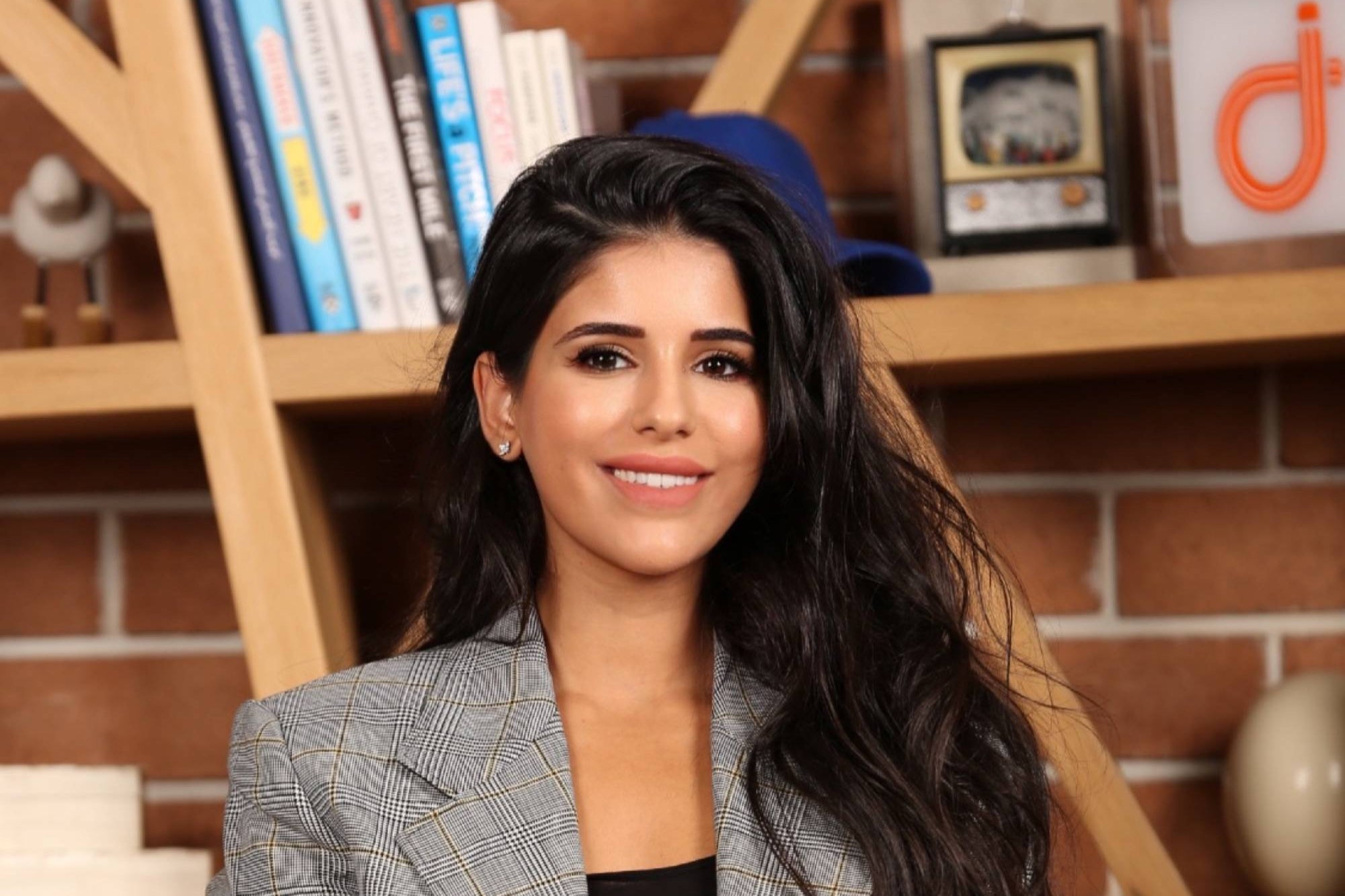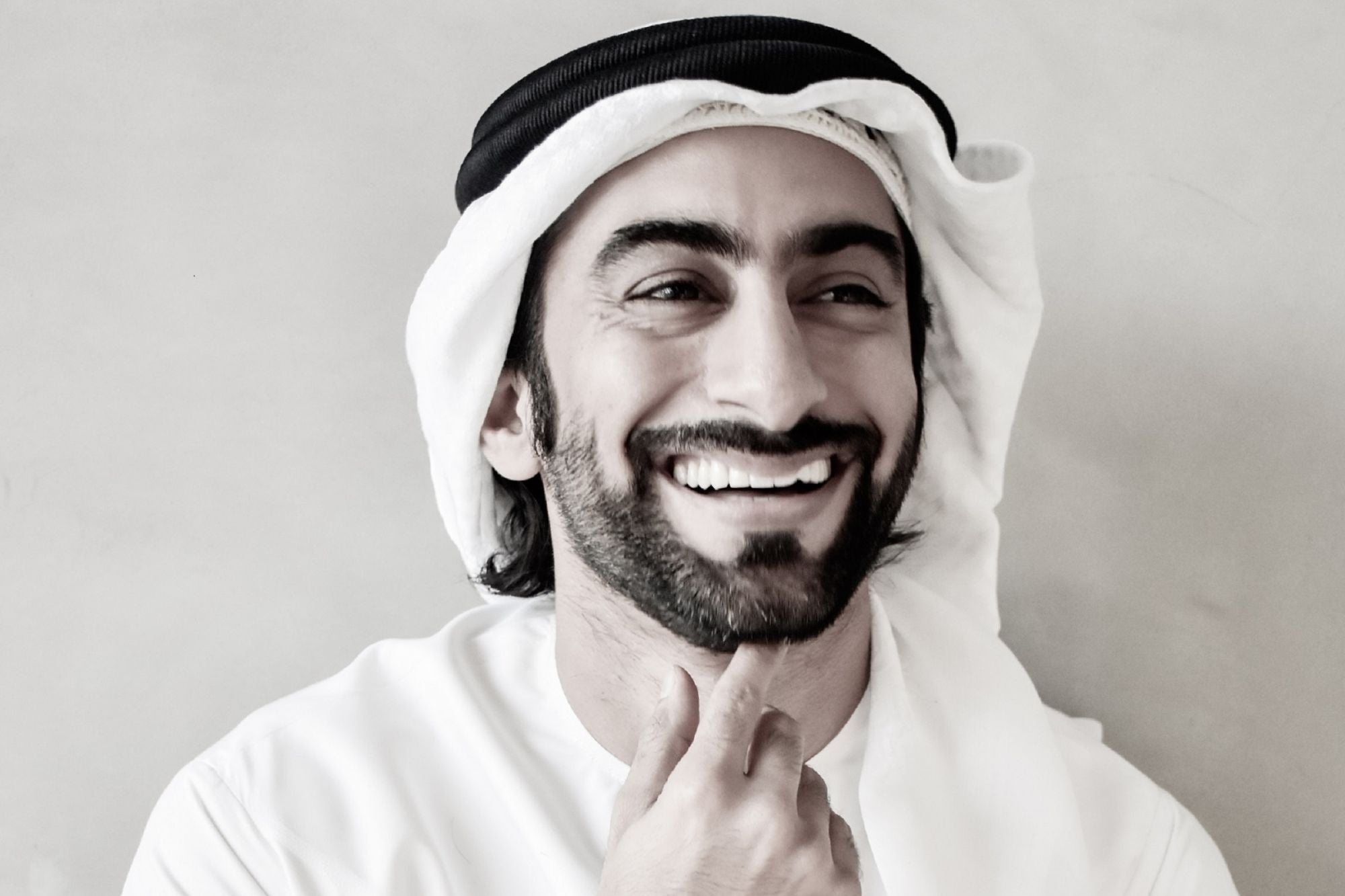The Discerning Eye: Mohammed Abdul Rahim Al Fahim Paris Gallery Group CEO Mohammed Abdul Rahim Al Fahim talks about the retailer's loyalty program and catering to the increasing demand.
By Fida Chaaban
Opinions expressed by Entrepreneur contributors are their own.
You're reading Entrepreneur Middle East, an international franchise of Entrepreneur Media.
"Contrary to the global market trend in niche perfumery, the demand increased here and continues to increase until today."
As purveyors of fine goods across the GCC, Paris Gallery Group of Companies can easily claim a large chunk of luxury market share in the region. Their customer retention strategy, led by Group CEO Mohammed Abdul Rahim Al Fahim, expanded in June of 2013 to include the Luxury Club, the retailer's loyalty program. The Luxury Club encourages customers of Paris Gallery and Watch Gallery to shop until they drop, and they then are rewarded with an advantageous slew of points.
A study from COLLOQUY stated that the value of loyalty program memberships was as high as a gross of US$2.65 billion and according to Lynn Thorn's Word-of-Mouth Advertising, On and Off, just a 1% rise of loyalty is equivalent to a 10% cost reduction, leading to a 5% rise in customer retention which can increase profits anywhere from 25-100%. In short, loyalty cards mean more devoted customers leading to more profit. Although there are surveys that indicate polygamous loyalty occurs –meaning people are loyal to different brands of the same market- the same challenge most likely won't be faced by Paris Gallery since they present over 500 international brands, giving luxury clientele more than enough to choose from. Polyamory, in this industry anyway, is encouraged... and it'll lead to more fruitful relationships.

Presently, Al Fahim and his team are gearing up to launch Paris Gallery in Baku, Azerbaijan this month, Baghdad, Iraq, and Muscat, Oman. For those of you who want to know about the "dollah, dollah bill," i.e. Paris Gallery's financials, you need to understand that discussing money is usually somewhat untoward, even for a magazine about entrepreneurship. All of the aspects of filthy lucre are exactly what a brand like Paris Gallery needs to not discuss- to keep brokering (successfully) in the illusion of providing you with privilege and prestige by sheer dint of being a client at one of their 52 locations. It is essential that a luxury consumer forgets the heavy association with money to continue to part with their resources in exchange for products that a large section of the population deem unessential. Al Fahim's strategies and theorizing are the very picture of precision, and it serves to drive his points (and products) home.
According to Al Fahim, the breakdown of business across their many categories is fairly stable. "We're very balanced when it comes to percentage of sales. It's not like one category is much bigger than other categories. We have eyewear, accessories, watches, fashion watches and watchmakers. Similarly we have prestige perfume and niche luxurious perfumes and cosmetics and skincare- you name it. Each category is where it should be- it's not like one is big and one is small. We like to keep it balanced by continuously enlisting new brands and products in each category."

Here's some perspective on the luxury retail sector and where it is headed: the CEO is clear about his vision for Dubai, in line with H.H. Sheikh Mohammed bin Rashid Al Maktoum's wishes, to be the biggest and the best in catering to the fine goods clientele which includes tourists and residents alike. "Our leadership wants this country to become the center of luxury retail worldwide- the center of luxury retail, which will happen very soon. We have positioning in Saudi, Kuwait, Qatar... they used to experience Paris Gallery in the UAE. Today, many Iraqis who visit Dubai, they ask why Paris Gallery hasn't yet opened there. These country aims are beneficial to us. We, and our colleagues in the industry, are participating, together with the shopping malls, we are working to improve retail through selection, service level."
Both segments of customers are important to Paris Gallery, and when the discussion moves to global hubs including Hong Kong, Al Fahim's claims ring true. "Singapore used to be very much the talk of the world. What they have done is amazing, but today Singapore is very much following Dubai." In his opinion, the best service level is Japan, and he says matching this is both a challenge and a window of opportunity for the retailer.













